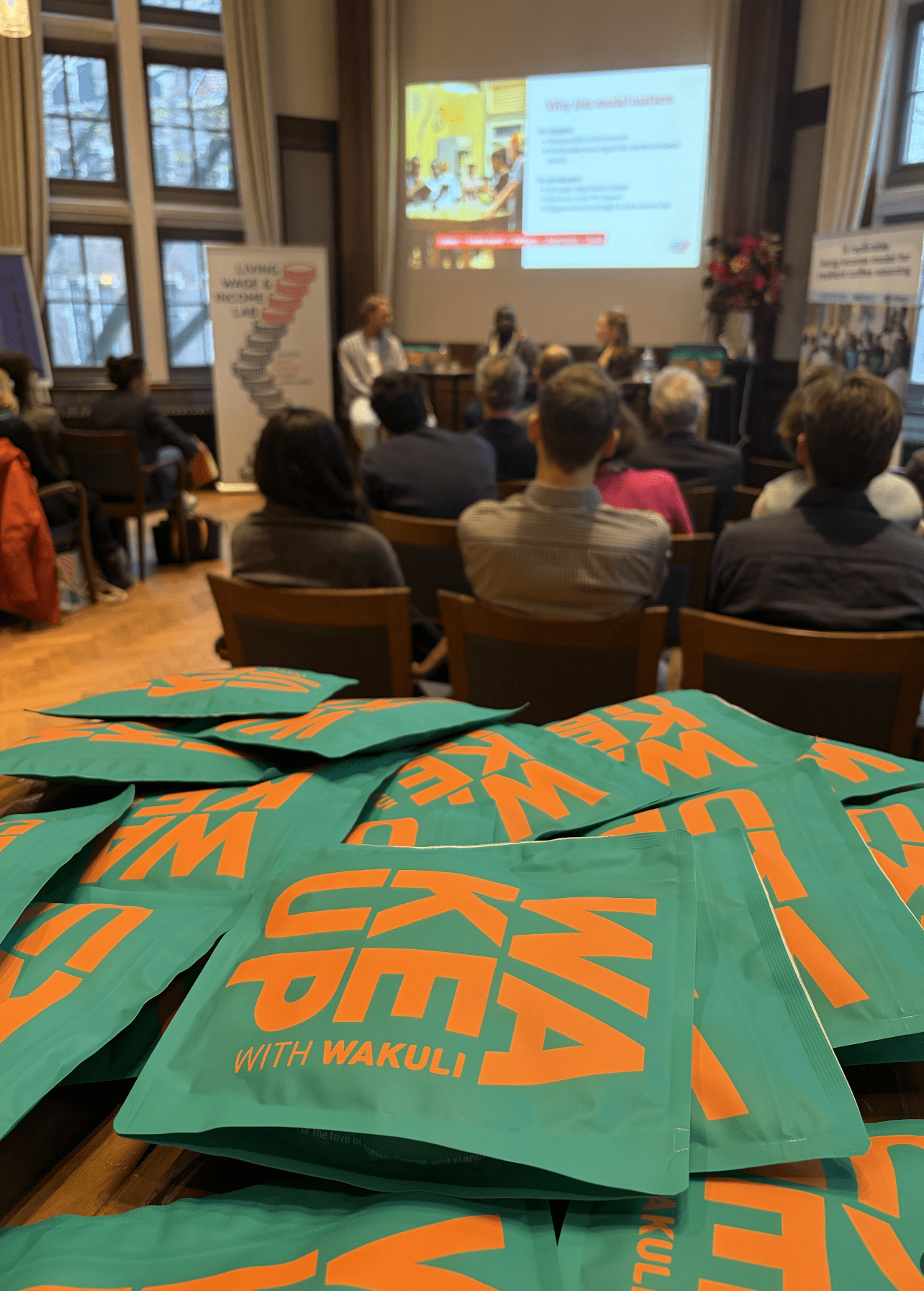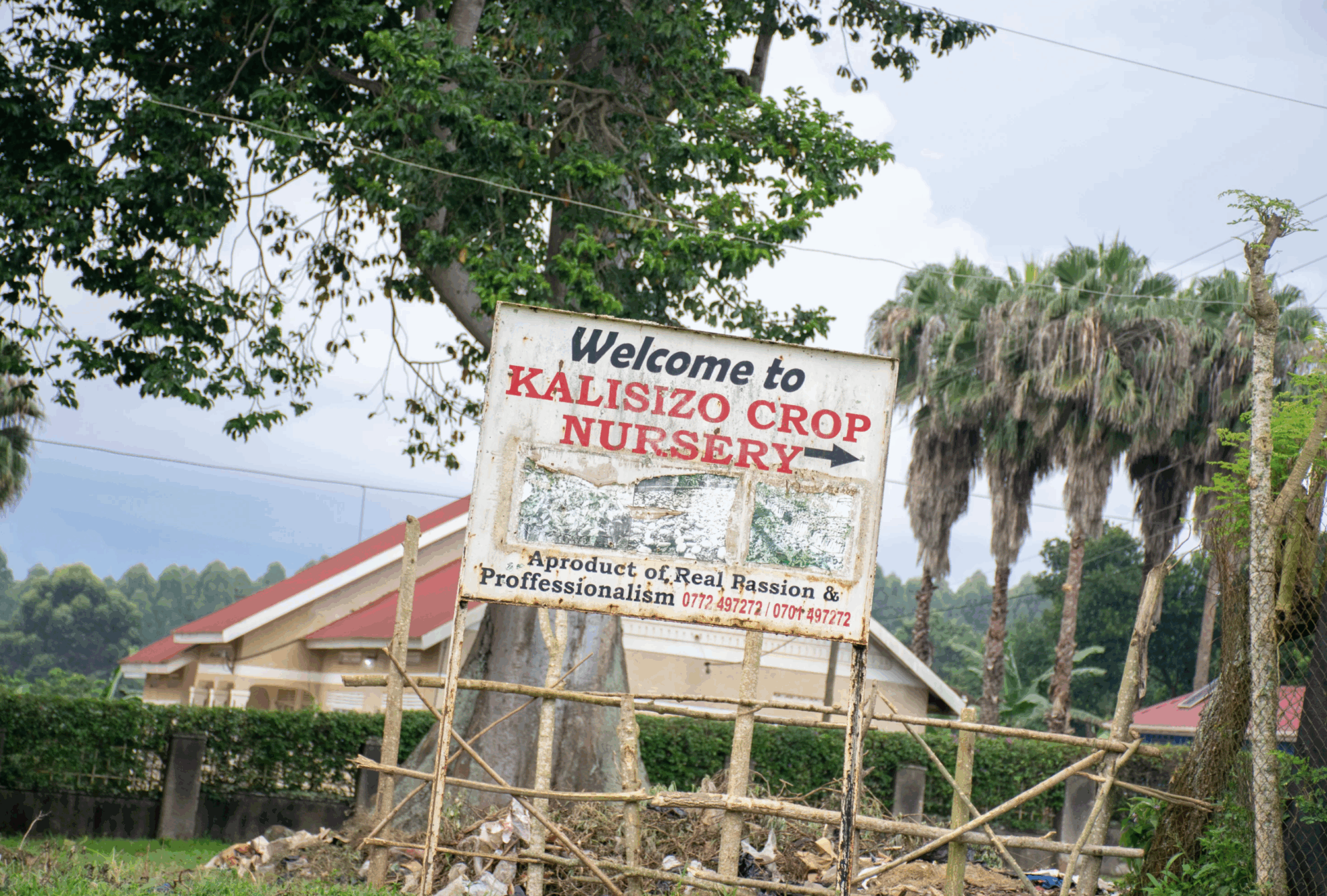On the 22nd of June 2017 Lab partners met at Verstegen Spices & Sauces’ in Rotterdam. In the Inspiration Room, where the scents of exotic spices filled the air, Marianne van Keep, CSR Manager, welcomed us with a pitch on Verstegen’s CSR story and link with living wage.
Due-diligence
The topic of the lab session was the living wage due-diligence process which can facilitate companies in realising living wages in their supply chain. For ASN bank, Irina van der Sluijs, CSR consultant, developed the Garment companies and living wage: A practical implementation tool for companies (pdf) which describes a four phase due diligence process: – 1. policy; 2. assessment; 3. implementation and 4. transparency-. It offers a basic structure that stimulate companies to go back to the core and start the process with a beginners mind.
One of the first steps is to develop a clear vision on living wage. According to Irina van der Sluijs, ‘taking the process in your own hands gives you a strong position in connecting with your stakeholders. It will be easier to communicate which choices you make in human rights and why you make them. Having a clear idea of what you do and why will put you in the drivers’ seat and make you act instead of react to others.
In groups participants went through the different phases of the due diligence process from the perspective of a CSR manager of a retailer or trader. The groups discussed challenges for each stage and what would be needed to facilitate implementation.
Piet Sprengers, head sustainability and research of the ASN Bank, closed the session with an inspiring story on ASN’s approach to living wage. ASN has the aspiration to have more influence on its investees and recently formulated the long term sustainability objective: ‘In 2030 all clothing companies in ASN’s investment portfolio implement a living wage’. ASN chose the clothing industry, because they have long term relations with and own shares in the 14 companies involved.
The challenges that stood out during the meeting are discussed below. Please get in touch with us or fellow lab participants in case you have ideas how we can collectively tackle some of those. We look forward to seeing you at our next Lab session in September!
Getting CSR goals approved at management level
The challenge is to set ambitious goals that are approved by management and to receive space for trial and error. ASN did not want to limit itself at all by thinking about feasibility. By taking a period of 13 years there is room to learn and experiment and develop creative solutions. Further ASN promotes to move bottom-up: start small, create ownership and implement at own pace.
When to involve which stakeholders
It is difficult to decide when to engage which stakeholders. You don’t want to slow down the process, but involving them early on in the process (incl. workers and suppliers!) increases efficiency in later stages. Getting buy-in for living wage at different levels internally in your own organisation is also important and can be challenging. Having a simple tool which explains the Why, What and How of living wage would be helpful to have for purchasing employees. ASN organised living wage workshops for their staff.
Developing a living wage strategy, while taking into account production risks
A tool which helps in determining where your largest risks and opportunities lie in relation to living wage can be helpful for companies in deciding where and how you want to start with your organisation. Neighboring regions or other sectors can be affected when wages increase, implementing step-by-step is recommended.
Reliability of data from suppliers & lack of direct relationships with producers/workers
Most of us do not have direct relationships with the workers or smallholders we source from. Working with independent auditors and using confidentiality clauses with suppliers can make the wage/income data you obtain from them more reliable. ASN was not discouraged by the fact they are one level further away from the workers they aim to serve. They hired an independent external party, Impact Centre Erasmus, to help them with developing an approach for measuring their baseline and impact on the progress of the 14 companies. ASN is transparent in its approach and aims to instigate broader change in the financial sector by cooperating with like-minded investors (like Triodos bank and MN).
Lack of transparency in cost structures and margins in the chain
This challenge was emphasised as an important issue in our discussion. When we gain better insight in the cost-structures in the chain it will be easier to enter into dialogue about costs and margins along the chain. There is also need for a tool that helps isolating the extra costs for paying a living wage.


